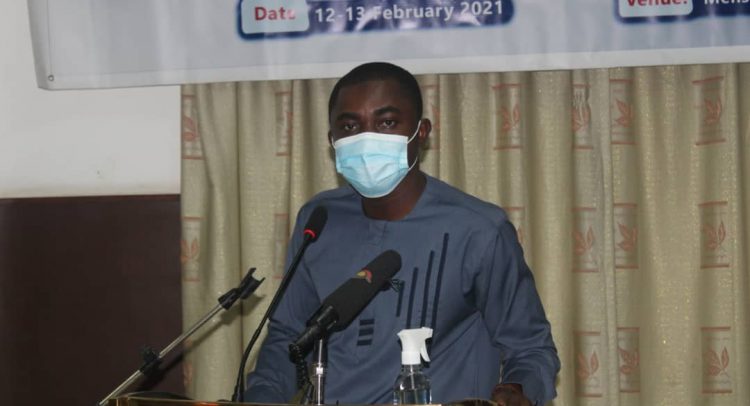Festus Kofi Aubyn, PhD.
Addressing the peace and security challenges in the Sahel region would require a multifaceted approach, strong political commitment and perseverance from both national and external actors, a new report has recommended.
The report titled, “The Limits and Pitfalls of Multilateral, Regional and National Responses to the Peace and Security Challenges in the Sahel Region and Cote d’Ivoire” clearly indicated that stability in the Sahel could only be achieved if stakeholders move beyond counterterrorism and divert a greater share of resources toward democratic governance, sustainable development and improving the livelihoods and security of vulnerable people especially women and girls.
Undertaken as part of the WANEP/UNDP project – “Building an Inclusive Post Covid-19 Recovery, Crisis Transitions and Governance Reforms in the Sahel and Cote d’Ivoire” the report assessed the limits/pitfalls of the current interventions of governments and partners in the Sahel.
The report which tried to answer critical questions about the efficacy of multilateral, regional and national responses indicated that the Sahel region has many complex and multi-layered security challenges with the combined effects of the challenges impacting democratic consolidation and efforts to achieve the SDGs.
Regional Coordinator, Research and Capacity Building WANEP-Regional, Festus Kofi Aubyn, presenting the findings of the report at a stakeholder’s workshop in Accra said the research team analyzed both secondary and primary data from Mali, Niger, & Burkina Faso and Cote d’Ivoire which highlighted challenges such as difficulty in sustaining short-term gains or key achievements for greater impacts due to insecurity, non-alignment of most development plans and projects with the realities on the ground, non-involvement of communities, especially those in the rural area in initiatives affecting them and limited functional coordination among stakeholders.
“We also found out that there were a multiplicity of Sahel strategies and initiatives leading to duplication of activities and the lack of strong feedback mechanisms to inform subsequent policies and programmes,” he said.
Mr Aubyn, therefore, called for stakeholders to align strategies to national development policies and action plans to ensure context and culturally specific interventions.
“Countries should budget for peace or peacebuilding and develop a robust, innovative, and resilient resource mobilization strategy to support the implementation of initiatives, strengthen the implementation of the commitments under the WPS agenda to address the peculiar challenges of women, and prioritize the needs and rights of the most vulnerable population especially women and girls in post-Covid-19 recovery efforts,” he added.
He also called for the strengthening of the capacity of CSOs especially women and youth through long term financial and technical support to allow them to play their full and meaningful role in peacebuilding initiatives as well as leverage the use of digital technologies in the light of Covid-19 to address the peace and security challenges in the region.
By Jamila Akweley Okertchiri

